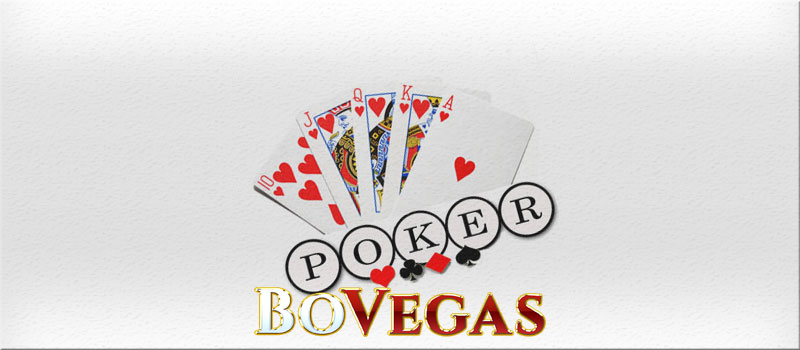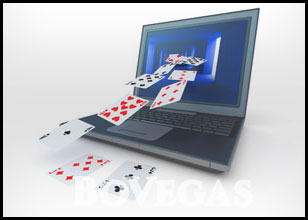



The increasing popularity of poker leads many novices to question their approach and wonder whether to prioritize theory over practice or vice versa. There’s probably no quick answer to that, as both theory and practice are essential parts of poker mastery. Speaking of playing online, some say that mathematical analysis outweighs bluffing, as no visual contact is involved. But it might not be so easy.
Game theory became a thing in the 1950s, when university professors started studying strategic interaction in games and applying mathematical models. A great deal of research on game theory has since been conducted, particularly concerning poker. There’s even an MIT course where types of players and ways to calculate the odds are explained.
You’ll be surprised by how many books have been written on poker theory. David Sklansky, who is the most well-known in the community, formulated the fundamental theorem. According to Sklansky’s theory, you lose every time you’re playing the game differently from if you could see what cards your opponents have, and vice versa. It’s just a theoretical concept, and it won’t help you shape a perfect strategy. What it demonstrates is that you need to improve your game by predicting situations and learning how to read hands.
It’s crucial not to push the theoretical approach too hard. Poker is a social game that requires not only logic and math but also bluffing skills and emotional control. If a player is grounded in theory, it doesn’t mean they will succeed at the table. Players have to gain valuable experience, analyzing their opponents and their own behavior.
Apart from physical or verbal tells, there are a lot of bluffing techniques you can use in online poker. It’s all about position and stack size. To deal with others bluffing online, it’s advisable to take notes on opponents and review their hand history.
Game theory is also used in another respect: not only does it make studying poker situations to prove scientific facts and introduce strategies to players possible, it also contributes to the process of developing state-of-the-art gambling bots. Automated programs are error-free regarding math, and can even learn from their opponents.

In a well-known book about Poker Hold’em, Sklansky distinguishes six levels of thinking. Basically, the more complex a player’s thinking, the more layers of the game they are capable of apprehending and the better the chance they will make good decisions. These levels can be described by questions poker players set themselves:
That is to say that you shouldn’t underestimate the practical value of playing. While mathematical thinking and counting are also extremely important, heuristics is probably the determining factor of how to get good at poker.

It’s a good idea to practice poker offline before going online. There are free lessons in many card rooms, eager to hook new customers, and relatively cheap interactive tutorials provided by online academies. You can also easily organize home cash games with friends. Don’t hesitate to watch some poker shows or download a couple of poker trainer apps: they all might come in handy. The more thoughtfully you play, the better you’ll become at adjusting to different stack sizes, hand reading, and manipulating your opponents. In such a way, you will get an opportunity to experience a wide range of poker situations and get used to them, and various questions like “what does tilt mean in poker?” or “how to play against calling stations” will not make difficulties to you.

Whenever you come to a land-based casino somewhere in Las Vegas, Atlantic City, or Macau, you expect nothing but a pleasant (and hopefully winning) stay. However, life can sometimes have other plans for you. And no matter whether you’re in a good or a bad mood, there will be things that might annoy or irritate […]
There are a couple of casino games that have become inherent to the whole concept of a casino and always pop up in your mind whenever you think of gambling: poker, roulette, craps, blackjack, and slot machines. These bad boys are all featured in every land-based and online casino in the world, and they usually […]
Since the dawn of time, gambling fans have been on a life-long quest, trying to outsmart a particular game. Unfortunately, none have been able to develop an effective strategy. After all, what kind of strategy can help when you’re up against a random number generator, a nifty little system that online casinos have set up […]
We live in a world where everything is more or less connected to Artificial Intelligence products. From Siri helping you in your everyday tasks and Tesla autopilot cars to facial recognition of your friends on photos — AI has entered every sphere of our lives. And of course, the gaming industry is not an exception; […]
If you love gambling and have been to a land-based casino at least once, you may have thought about becoming a dealer. Playing the same game but from the opposite side, while communicating with other players, sounds like a dream job, right? A dealer is a straightforward job, and you will be the heart and […]
On Monday September 14, MGM announced that it plans to open its first smoke-free casino at the end of September, when Park MGM will finally reopen its venues to players and tourists. The resort comprises around 2,990 rooms and various restaurants, and it’s set to be reopened on September 30. The venue has been closed […]
Online gambling has undoubtedly taken a place of true supremacy over the casino industry during the pandemic. And the reason for that is quite clear: online casinos are more accessible, and you can always count on some encouragement from the casino administration to help you boost your game. However, this digital revolution has only been […]
The large selection of online gambling sites out there can make players somewhat puzzled, and give them a feeling of uncertainty about making the right choice of casino. Each online gambling venue offers its own conditions, games, and various bonuses, of course; but the most important thing is the reliability of the casino and the […]